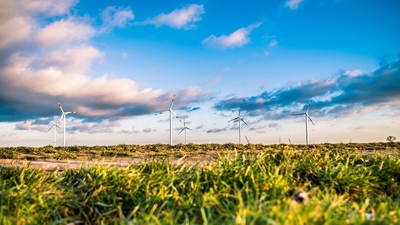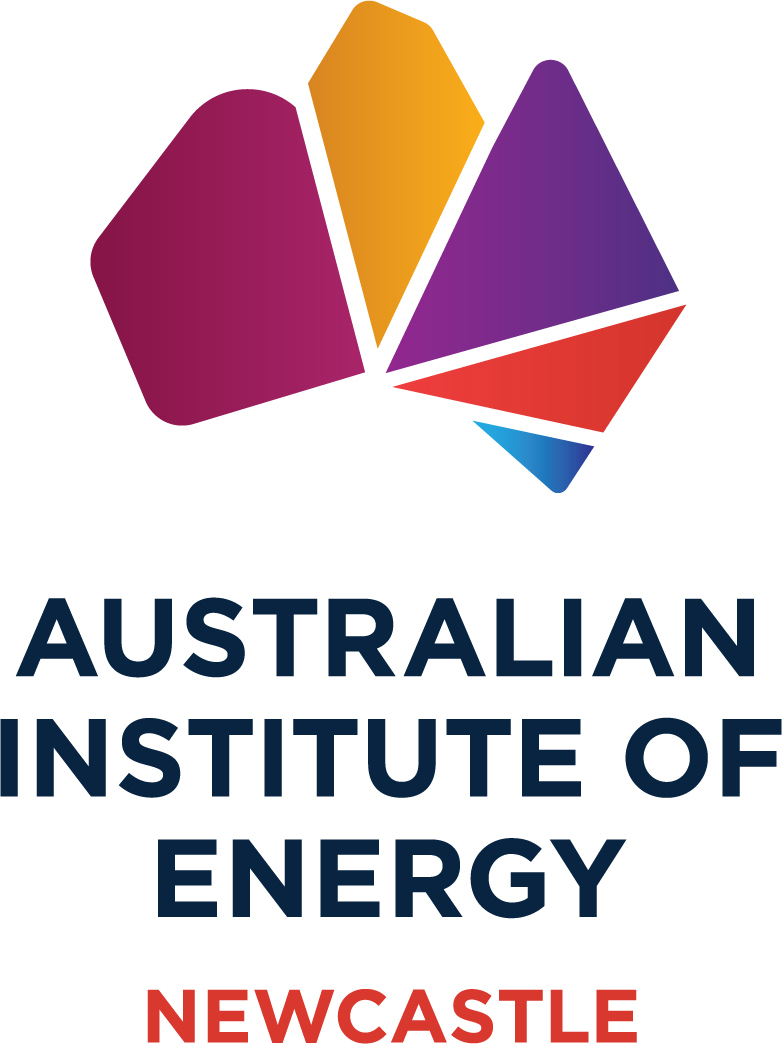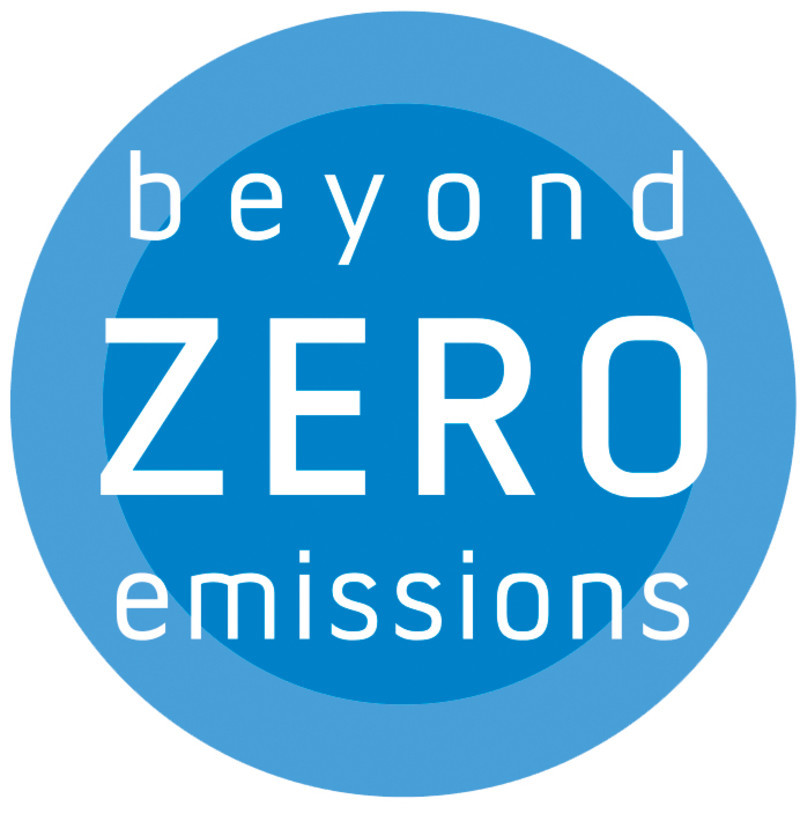ARENA invest in wind energy forecasting research to stabilize grid
Renewable energy solutions provider Vestas has been awarded ARENA funding to develop a new short-term wind energy forecasting solution for Australia

With the increasing amount of renewable energy in the system, grid operators must address the challenge of balancing supply and demand from intermittent energy generation.
One way of meeting this challenge is to use advanced forecasting tools to provide predictability in renewable energy generation in order to keep the grid stable.
The Australian Renewable Energy Agency (ARENA) has announced that renewable energy solutions provider Vestas has been awarded funding, as part of ARENA's Advancing Renewables Program, to develop a new short-term wind energy forecasting solution for Australia.
The solution will allow ARENA to more accurately forecast energy generation from wind power plants, reduce wind generators' dispatch uncertainty, and improve system stability by better anticipating supply from renewable sources through accurate weather forecasting. Such forecasting solutions can also benefit power plant operators' bottom line by reducing financial penalties for inaccurate forecasts and increase revenue opportunities through making smarter, data-driven decisions about selling energy into spot markets in countries like Australia.
Being able to better predict energy generation is a valuable tool in assessing the minute-to-minute value of energy and thus how to achieve maximum revenue for energy when selling into spot markets.
From both the system and power plant view, this forecasting solution is an important stepping stone to a world where wind and solar energy become the dominant sources of electricity, and a part of Vestas' efforts to provide a broad array of renewable energy solutions that provide benefits to energy systems as well as to customers.
The Australian Energy Market Operator (AEMO) is responsible for forecasting electricity generation from wind and solar farms across Australia. Incorrect supply forecasts or inability of generators to meet targets can result in power system instability and higher operating costs. Wind and solar farms are penalised for failing to meet required output levels, and conversely can be required to curtail generation to match overly conservative forecasts.
The solution will apply advanced data science techniques including deep learning to high-resolution wind turbine SCADA data, granular short-term hyper-local weather forecasts and meteorological data to deliver greater accuracy in energy forecasts.













